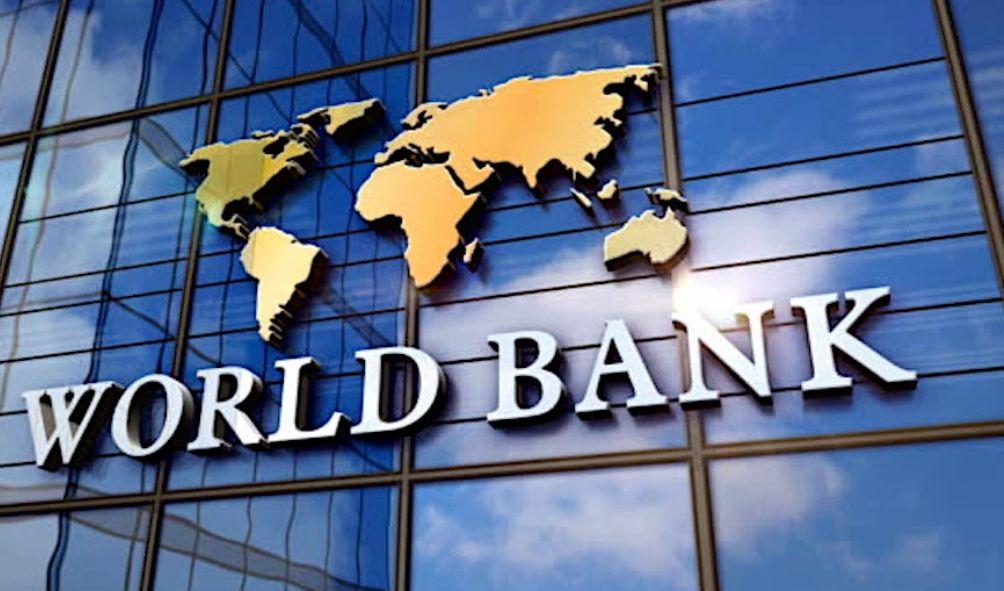Kenya Collaborates with World Bank for ‘Hustler Fund’ Boost
Kenya is in discussions with the World Bank and European Union to expand its “Hustler Fund” initiative, which currently provides cheap credit to over 20 million of the country’s impoverished.
A senior government official reported that the World Bank was discussing support that could reach up to 20 billion shillings ($139 million), including through an existing program to assist small businesses.
In conjunction with Treasury investments, this could facilitate lending of 200 billion shillings over the next five years.
Cabinet Secretary for Co-operatives and Micro, Small, and Medium Enterprises Development, Simon Chelugui, stated that the Treasury intends to invest 10 billion shillings by June 2024. This will supplement its initial 12 billion naira funding.
Talks with the European Union and the United States Agency for International Development, another prospective backer, are still in the preliminary stages, he said in an interview in Nairobi on Monday.
A spokeswoman for the World Bank stated that it was collaborating with the Kenyan government, and while it was not presently considering direct Hustler Fund financial support, resources could be channeled to small businesses with high enough Hustler Fund scores to qualify for market-based financing.
The Hustler Fund, which began issuing loans in December 2022, is intended to fulfill a key campaign promise made by President William Ruto during last year’s contentious election regarding affordable credit.
He stated that the average loan size is 700 shillings, or less than $5 and that more than half of debtors access the fund via inexpensive mobile phones.
ALSO READ: World Bank Grants Kenya Ksh20B
Almost half of the already registered 21,3 million customers are female, and 70% are under the age of 40. A third of the borrowing is on a repeat basis, with modest amounts borrowed in the early morning and repaid by 9 p.m. at an annual interest rate of 8%. This is less expensive than digital mobile money already offered by the private sector.
The Hustler Fund is administered by KCB Group Plc and Family Bank Ltd. and is accessible via all mobile money platforms in the country.
It also includes a component of mandatory savings: 5% of every loan is automatically “saved” on behalf of borrowers in a government-run account, with access to the funds subject to certain restrictions.
Chelugui stated that another objective is “to correct a market failure in the credit market,” which has resulted in more than 8 million Kenyans having inadequate credit references.
Instead, Hustler customers will be able to establish a credit history. On this basis, the government expects up to 5 million Kenyans to become bankable and enter the formal sector of the economy.
According to Chelugui, the fund will “crowd in private sector financing” to help excellent borrowers graduate to conventional bank loans, making it “complimentary” to commercial lenders.
Approximately 7.4 million customers are recurrent borrowers, and approximately 10% of loans are “past due,” according to the minister.
According to the Central Bank of Kenya, the proportion of commercial banks’ aggregate non-performing loans stood at 14.5% in June 2023.
Kenya Collaborates with World Bank for ‘Hustler Fund’ Boost
